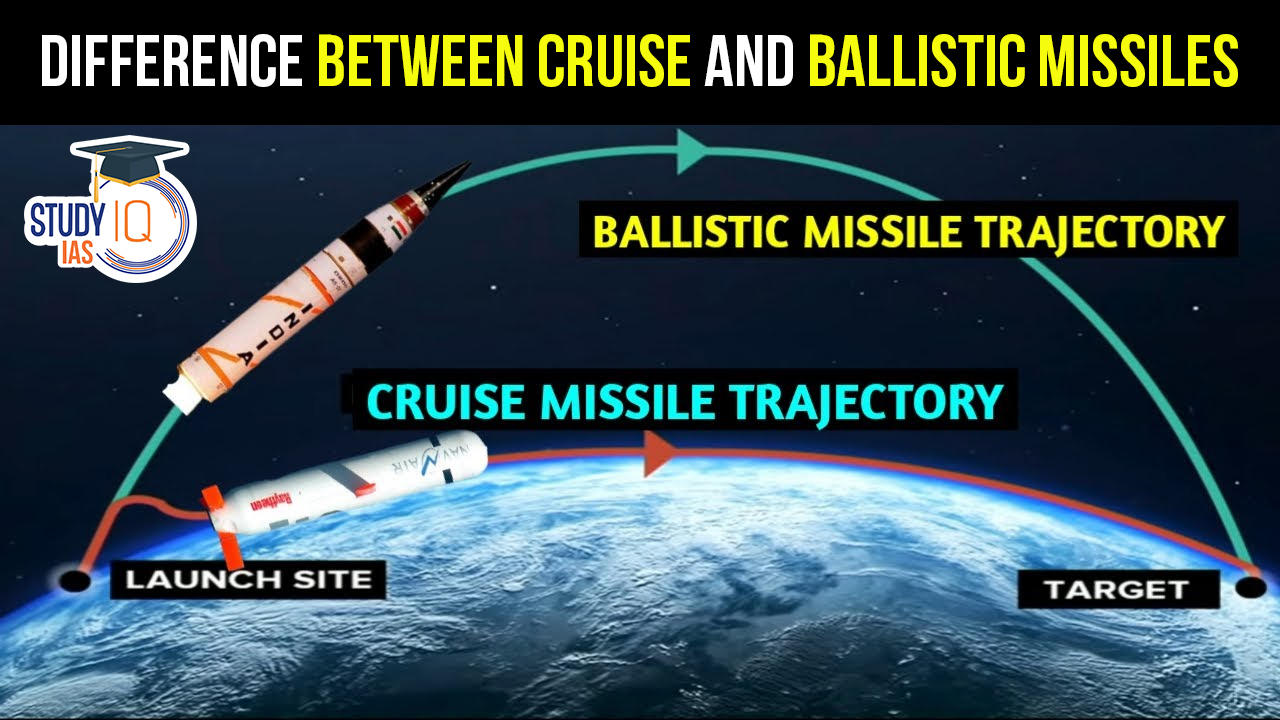 Iran Launches Ballistic Missiles and Drones, Prompting Booms and Sirens in Israel – WHDH 7News Reports
Iran Launches Ballistic Missiles and Drones, Prompting Booms and Sirens in Israel – WHDH 7News Reports
In a shocking turn of events, Iran has launched dozens of drones and ballistic missiles towards Israel, marking the first direct military assault on the country. The attack has pushed the Middle East closer to a regionwide war and has garnered swift condemnation from France and Britain. Booms and air raid sirens were heard in Jerusalem early Sunday, causing panic among the residents.
The attack comes as revenge for an airstrike in Syria on April 1, which killed two Iranian generals. Iran has accused Israel of being behind the attack, although Israel has not commented on it. Tensions between the two countries have been escalating throughout Israel’s six-month war against Hamas militants in the Gaza Strip. The conflict erupted after Hamas and Islamic Jihad, both backed by Iran, carried out a devastating cross-border attack that resulted in the death of 1,200 people in Israel and the kidnapping of 250 others. Since then, Hezbollah, an Iranian-backed militant group in Lebanon, has been attacking Israel’s northern border, while Iranian-backed groups in Iraq, Syria, and Yemen have launched rockets and missiles towards Israel.
The severity of the attack is evident as over 100 drones were fired by Iran towards Israel. While U.S. forces were able to intercept some of the drones, the effort to intercept the attack is ongoing. Israel’s military has emphasized that they are monitoring the threat but has not provided details about any potential explosions or casualties.
Iran’s paramilitary Revolutionary Guard has claimed responsibility for the attack and issued a direct warning to the U.S., stating that any support or participation in harming Iran’s interests will be met with a decisive response from Iran’s armed forces. The use of ballistic missiles in the attack poses a greater challenge for Israel’s missile defense systems, which are more effective against drones.
Israel, however, has a multilayered air-defense network that includes systems capable of intercepting various threats, including long-range missiles, cruise missiles, drones, and short-range rockets. The Israeli military’s spokesman, Rear Adm. Daniel Hagari, assured the public that they are prepared and ready to defend against the attack. However, he cautioned that the air defenses are not 100% effective and urged the public to follow safety instructions.
The severity of the situation has prompted the Israeli army to order specific regions, such as the Golan Heights near the Syrian and Lebanese borders, as well as towns like Nevatim and Dimona and the Red Sea resort of Eilat, to stay near protective spaces until further notice. Israel has taken additional precautions by canceling school and limiting public gatherings to no more than 1,000 people. Flights have been canceled, and airspace has been closed.
The international community has also responded to the attack. President Joe Biden has cut short his trip to return to the White House and convene a National Security Council meeting to discuss the unfolding situation. The United States has expressed its support for Israel’s defense against the threats from Iran.
In response to the attack, Iran’s mission to the United Nations has issued a warning to both Israel and the U.S., stating that if Israel makes another mistake, Iran’s response will be considerably more severe. It is clear that tensions between Iran and Israel have reached a critical point, and the region is on the brink of a larger conflict.
The impact of the attack is not limited to Israel. Witnesses in Tehran have reported long lines at gas stations as people fear the consequences of Iran’s actions. Lebanon has also experienced heavy Israeli airstrikes and shelling in multiple locations following Iran’s launch of drones. The situation is rapidly escalating, with countries in the region beginning to close their airspace.
As the situation unfolds, it is crucial for all parties involved to exercise caution and seek diplomatic solutions to prevent further escalation. The international community must work together to de-escalate tensions and prevent the outbreak of a regionwide war. The consequences of such a conflict would be catastrophic for the entire Middle East and beyond.


